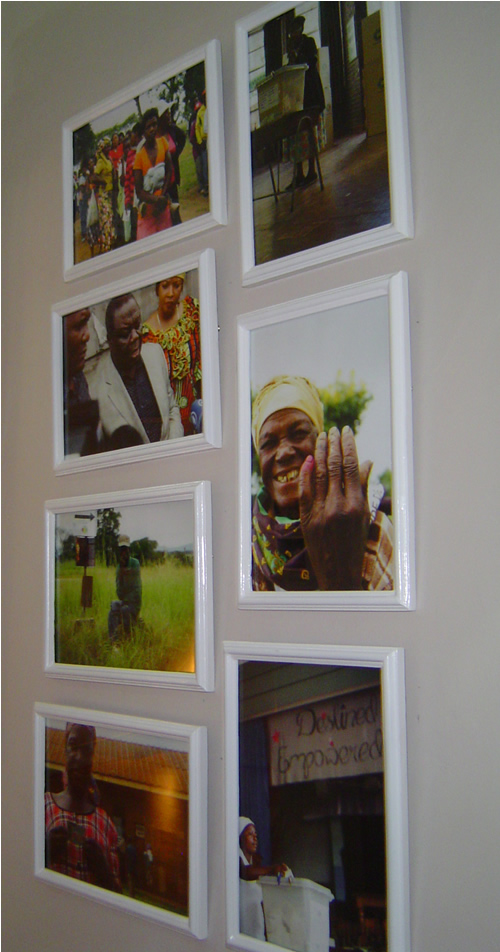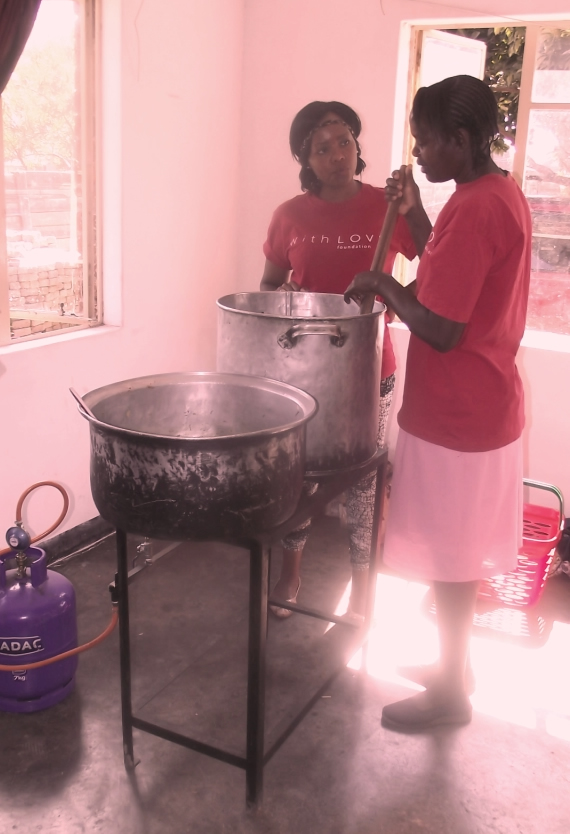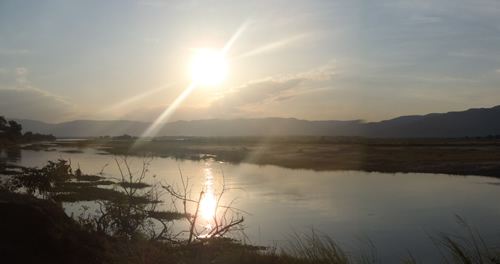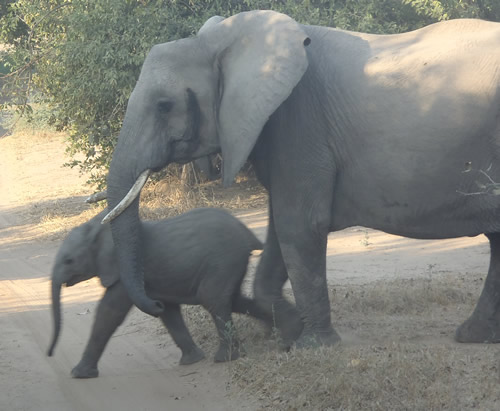Let the people’s voices be heard!
Posted on May 20th, 2013 by Marko Phiri. Filed in Constitution Referendum 2013, Elections 2008, Elections 2013, Governance, Uncategorized.Comments Off
A report by the Mass Public Opinion Institute titled “Elections and the Management of Diversity in Zimbabwe” which is part of an Africa wide project under the auspices of the United Nations Economic Commission for African together with the UNDP is one of the latest that does not place much confidence in the country’s electoral processes.
The report, first begun in 2011, is part of the Africa Governance Report launched in 1999 when the Economic Commission for Africa launched its project on “Assessing and Monitoring the Progress towards Good Governance in Africa.”
Like many projects before it that elicited inputs from Zimbabweans as diverse as “experts” and the “common people”, the MPOI report, among other things, found that 45 percent of the respondents “thought the judiciary is hardly independent of other branches of government.”
Up to 62 percent of the respondents “either disagreed or strongly disagreed” with the statement that “the composition of government and leadership represents all segments (of society) and (its) diverse interests.”
That is damning by any standards.
It raises questions about the role of elections in people’s lives and their ability to choose their leaders.
That many Zimbabwe have given up on voting is already known not only from Afrobarometre and Freedom House but also from our daily interactions with colleagues and strangers, yet as we approach this year’s elections, these issues become pertinent as political parties campaign to persuade their supporters not only to register to vote but indeed vote.
What then is the use of exciting the masses with the mobile voter registration exercise then when the same people have lost faith in the electoral processes?
One telling response came from a respondent in Bulawayo who said “Zanu PF does not consider the views of the people, not even those of its own party (supporters).”
Such attitudes from political parties mean many potential voters will need a lot of convincing that Zimbabwe is a representative democracy where the “people’s voice” matters.
The logic is simple really: why listen to a politician asking for your views when his mind is already made up that once you vote him into office, you will see him again at your doorstep after five years.
The interaction of politicians and voters surely has to be much, much improved from the criticism that emerged for example with the March referendum where critics say party supporters were merely instructed to vote “YES” without even knowing what they were voting for.
Besides that, a report like that of the MPOI only adds to a heap of work about Zimbabwe that has failed to nudge the country towards good governance.













